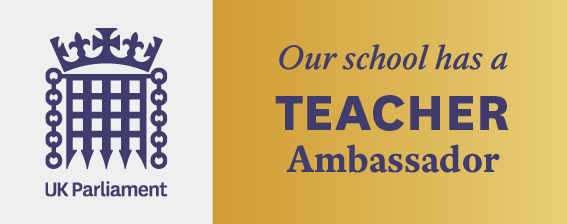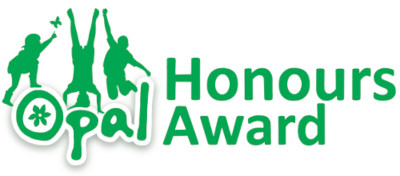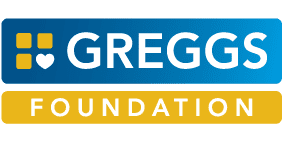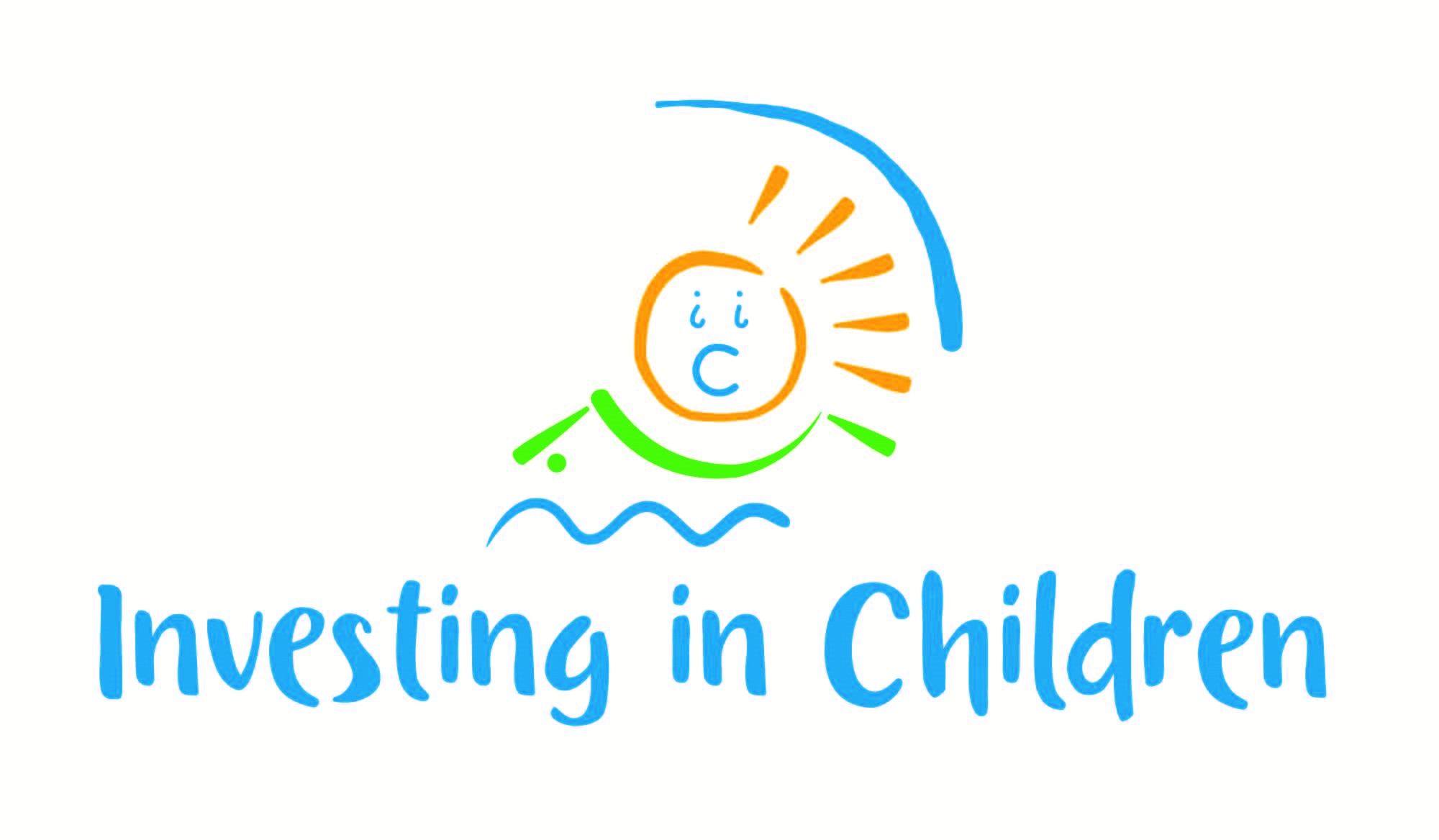A special educational need can be a number of different things. For example, a child may be having problems with reading, number work or behaviour, which can be helped by putting extra support in at school and by working in partnership with parents. It may also be due to a disability which makes it harder for a child to use the same educational facilities that the school provides for the majority of children. For some children this may be a temporary difficulty, while others may have a long term need for special help. Types of special educational needs can include:
- General Learning Difficulties – children whose learning progresses at a slower pace
- Speech and Language Difficulties
- Behavioural Difficulties
- Dyslexia (difficulties with reading, writing and spelling)
- Dyspraxia (problems with motor skills, organisation)
- Autism
- ADD (Attention Deficit Disorder
- ADHD (Attention Deficit Hyperactivity Disorder)
- Downs Syndrome
- Cerebral Palsy
- Other Physical or Medical Needs
In partnership with parents the class teacher will discuss any areas of concern with both parent and pupil. If it was felt necessary at this stage the SENCO would be involved and would hold regular meetings with parents, child and teacher to address any needs. Once an agreement has been reached the child will be placed on the support register. Outside agencies will be contacted and acted upon.
Below is a table of the children and their needs we currently have in Esh Winning Primary School with SEND.
| Description | Primary Need | Secondary Need |
| Specific Learning Difficulty | 0 | 1 |
| Moderate Learning Difficulty | 27 | 12 |
| Severe Learning Difficulty | 0 | 0 |
| Profound and Multiple Learning Difficulty | 0 | 0 |
| Social, emotional and mental health | 17 | 16 |
| Speech, Language and Communication Needs | 19 | 12 |
| Multi-Sensory Impairment | 0 | 0 |
| Hearing Impairment | 1 | 1 |
| Visual Impairment | 1 | 0 |
| Physical Disability | 2 | 2 |
| Autistic Spectrum Disorder | 3 | 0 |
| SEN support but no specialist assessment of type of need | 0 | 0 |
| Other Difficulty / Disability | 1 | 0 |
Over time, children in our school with identified SEND make good progress, both academically and socially.
Children with additional needs, such as SEND or Looked After Children are closely monitored and supported throughout their time at our school. Our SENCOs regularly reviews the provision and achievements for our children with SEND to ensure the best outcomes for children and families. Supporting families is a specific part of this role and also the role of all staff at all levels; we see supporting children through supporting families as a vital part of ensuring quality provision.
Children who are ‘Looked After’ by the Local Authority (in care) are monitored and supported by the Looked After Co-ordinator. Provision, additional resources and teaching and outcomes are reassessed regularly to ensure that these vulnerable children are both happy – and making good progress. The Looked After Co-ordinator also liaises with Social Services and attends all ‘Looked After Reviews’.
If you would like to discuss your SEND requirements in detail please contact the school to arrange an appointment.








![Music-Mark-logo-school-right-[RGB]](https://eshwinning.durham.sch.uk/wp-content/uploads/2021/05/Music-Mark-logo-school-right-RGB-1.png)

